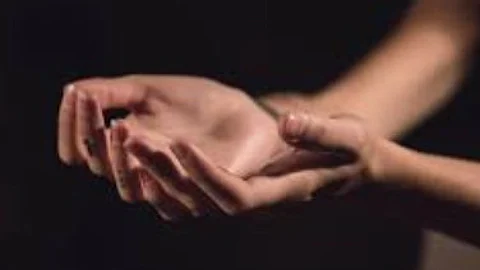

ALISHA MARTINS
Have you ever been in a situation where you feel like you don’t receive as much as you give? It could show up in house chores, emotional support, affection, or even in the effort to simply keep a conversation going.
Often, we invest deeply in people we care about, sometimes without noticing how little we’re getting in return. According to Transactional Analysis (TA), a psychological framework developed by Eric Berne, every interaction is like a transaction — an emotional or social exchange. These exchanges happen through three ego states: the Parent, the Adult, and the Child. In healthy relationships, these ego states interact smoothly. You give, and you receive. But in many of our close relationships, we unknowingly operate from the Child state — giving with hope, seeking approval, or trying to keep peace. Meanwhile, the other person may respond from a Critical Parent state — distant, dismissive, or cold — or remain in an Adult state that feels emotionally unavailable. This creates imbalanced transactions that, over time, leave us feeling unseen, unheard, and undervalued. The proper transactions often come from the Adult ego state — where communication is clear, needs are acknowledged, and emotional energy flows both ways. This balance builds mutual respect and strengthens connection.
Of course, giving isn’t a bad thing. It’s an essential part of love, friendship, and care. But when giving becomes habitual or desperate — when it comes from a place of self-neglect — it starts to take more from us than it gives back. That’s when we need to pause and reflect. Imagine playing a two-player game where you’re the only one holding the controller, trying to keep both sides going. Exhausting, right? TA invites us to step into our Adult ego state — a place of awareness, balance, and conscious choice. From there, we can ask ourselves: Why do I give as much as I do? Why do I hope for something that might never come my way? Is this really a two-player game, or am I playing alone? These questions help us recognise patterns and gently push us toward setting healthy boundaries. This may sound simple in theory, but if you’re in the middle of such an experience, it can feel overwhelming. That’s why slowing down matters — enough to clearly see what has been quietly draining you. To make it easier, think of it like preparing for an exam. You’ve studied hard, memorised everything, and feel confident. But when the results come, you’ve scored poorly. You wonder, how is that possible? You did your part, but the result doesn’t match the effort. That’s what it feels like emotionally sometimes. The only difference is, there’s no visible score and no one else sees the gap between what you gave and what you got. Only you know.
In real relationships, just like in practical transactions, your well-being is shaped not just by what you give — but also by how the other person responds. If that response stops or shifts in ways that feel cold or withholding, it’s natural to feel hurt. Over time, this can lower your self-confidence and self-worth, and even make it hard to enjoy the things that once felt light and joyful. You don’t want to lose that part of yourself. It’s also important to consider that sometimes, people aren’t intentionally taking more than they give — they might not know how to meet you where you are. Communication styles, emotional histories, and differing needs can all play a part. But regardless of the reason, your feelings remain valid. What I want to highlight here is this: your emotional balance isn’t a luxury — it’s a foundation. It allows you to show up fully and healthily in all your roles. You deserve relationships where care, effort, and presence flow both ways — not just out of you.